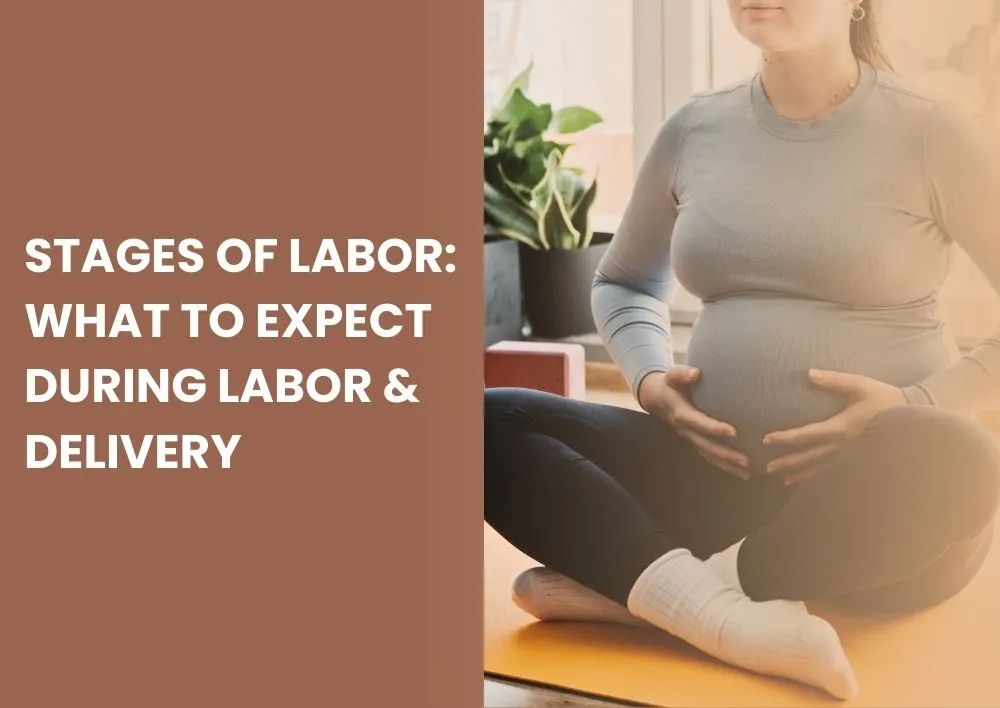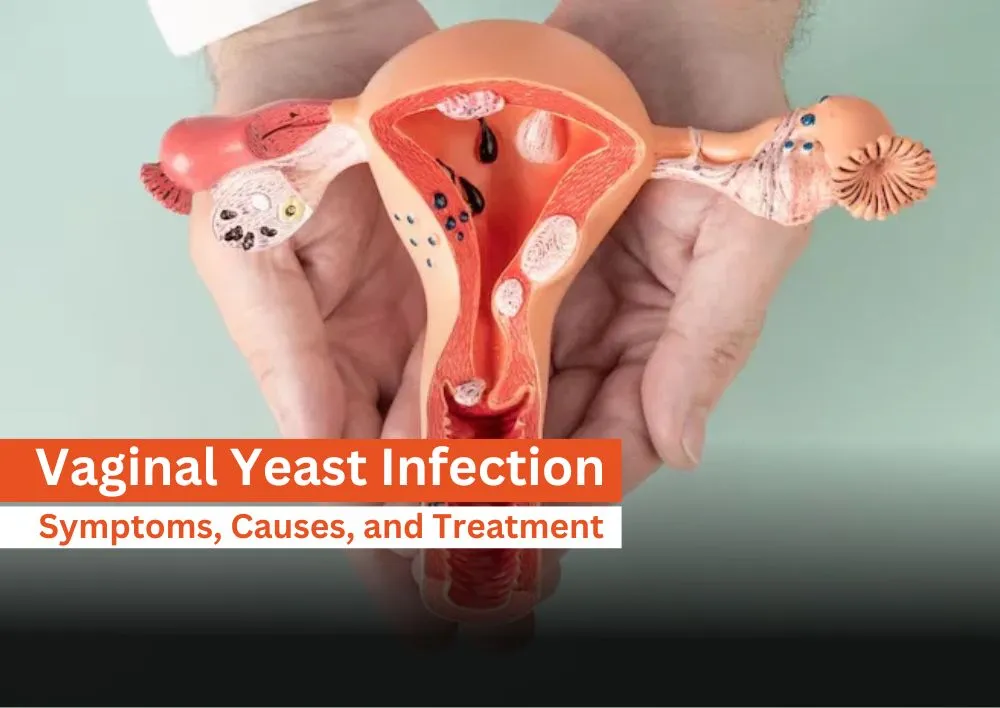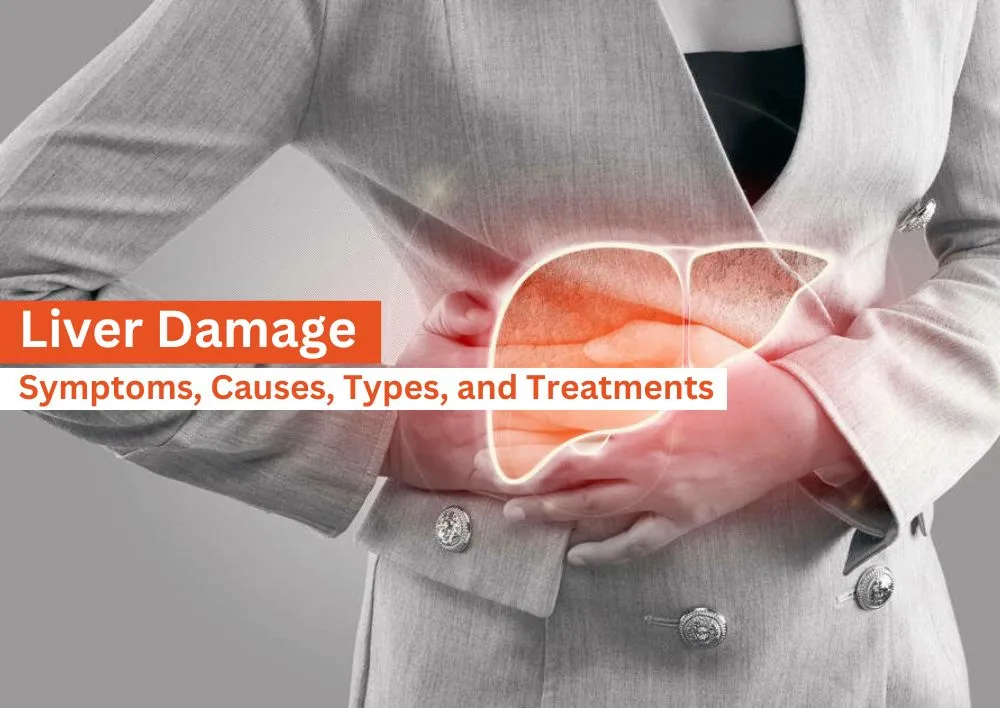Stages of Labor: What To Expect During Labor & Delivery
Labor, also known as childbirth, is the amazing process of your baby making its way out of the uterus into the world. It involves three stages: contraction and labor, pushing and the birth of the baby, and the exit of the placenta. Labor pain generally occurs between 37 to 42 weeks of pregnancy, and every woman experiences the stages differently.
If you're seeking a reliable maternity hospital near you, Miracles Apollo Cradle is the best choice, offering comprehensive care to pregnant mothers.
Miracles Apollo Cradle, the best maternity hospital in Gurgaon, provides complete care to pregnant mothers. With a team of highly experienced maternity specialist doctors, the hospital offers prenatal care, advanced labor and delivery options, high-risk pregnancy management, neonatal care, and postnatal support. Equipped with LDR (Labour, Delivery, and Recovery) rooms, an Advanced Neonatal Intensive Care Unit, and a special Nursery for premature and sick newborns, we follow a patient-centric approach to ensure a safe and comfortable birthing experience.
Choosing the right maternity hospital is crucial for expectant mothers to ensure a safe birthing experience. If you are looking for the best delivery hospital near you, contact Miracles Apollo Cradle for a joyful birthing experience.
What are the Stages of Labor?
Labor pain consists of three stages:
-
Early Labor (Dilation)
-
Pushing and Birth
-
Delivery of the Placenta
The experiences of the phases of labor and delivery are different for every individual. In some cases, these stages last longer than others. The duration of stages of labor varies depending on whether you are a first-timer or have had children. If you are giving birth for the first time, your stages of labor in pregnancy may last longer than those who have had children.
Stage 1: Early Labor (Dilation)
Duration: The early labor stage, also known as dilation, is the longest stage, lasting from a few hours to several days.
What happens: During this stage, the cervix becomes soft, thin, and open to allow the baby to pass through. Progress is slow, reaching 10 centimeters for full dilation. Early labor involves mild and irregular contractions every 15-30 minutes, lasting about 30 seconds.
Symptoms: Signs and symptoms in the 1st stage include back pain, cramping, diarrhea, mild discomfort, loss of the mucus plug, bloody show, or water breaking.
Stage 2: Pushing and Birth
Duration: For first-time mothers, this stage takes 2-3 hours; for subsequent births, it may take less.
What happens: Strong and regular contractions occur as the baby descends the birth canal. This stage lasts 60-90 seconds with short breaks, and you'll feel an urge to push with each contraction.
Symptoms: Signs and symptoms of the 2nd stage include discomfort, a strong urge to push, and intense contractions with pressure.
Stage 3: Delivery of the Placenta
Duration: This stage lasts just a few minutes.
What happens: The placenta separates from the uterine wall and is delivered via the vagina.
Symptoms: You may experience mild bleeding and one or two more contractions as the placenta detaches during the 3rd stage.
What are the Symptoms of Labor?
Symptoms can vary, but key signs include:
Early Labor:
-
Mild and irregular contractions every 15-30 minutes, lasting 30 seconds.
-
Pressure in the belly or lower back, tightening of the uterus, or menstrual cramps.
-
Back pain, diarrhea, cramping, loss of the mucus plug, bloody show, increased vaginal discharge, and a sudden surge of energy.
Active Labor:
-
Strong and regular contractions every 3-5 minutes, lasting 60-90 seconds.
-
Radiating pain around the back, water breaking, increased pressure in the pelvis, and a strong urge to push.
What are the Possible Causes of Labor?
The initiation of labor is a complex process influenced by various factors. Before birth, a baby releases a substance that initiates the labor process by triggering hormones. Typically the labor process happens naturally between 37 and 42 weeks of pregnancy.
But in some cases, obstetricians will give you medications to induce labor:
If you are suffering from health issues such as diabetes or high blood pressure. These health issues could affect the health of both you and your baby.
-
If the growth of your baby is too slow.
-
If your baby is overdue beyond 42 weeks in the uterus.
-
If your water has broken but labor hasn't begun.
How is Each Stage of Labor Managed?
The stages of labor and delivery are not the same for every woman. To stay more comfortable during the labor, there are several techniques you may use. Your gynae doctor may recommend treatments to keep you and your baby safe during this period.
Here are some techniques to manage the stages of labor, which you can discuss online with your gynecologist in Gurgaon.
During the First Stage of Labor
At Home:
During the first stage of labor, all you need to do is try to stay relaxed. To do so, you may do:
-
Gentle stretches
-
Practice deep breathing
-
Walk around
-
Take a lukewarm bath
At the Hospital:
-
Don’t push until your gynecologist recommends you to do so.
-
Drink water
-
Avoid solid foods
-
Go to the toilet as often as you need to.
-
Move around
-
Change positions
-
If the pain is non-tolerable, your lady gynae may give you epidural anesthesia to numb your lower body.
During the Second Stage of Labor
-
Change your positions, if you feel uncomfortable.
-
Try squatting, sitting, or kneeling, if hard to push.
Your gynecologists may conduct an episiotomy. This is a small cut at the opening of the vagina to give the baby more way to exit the uterus.
During the Third Stage of Labor
-
Your gynecologist makes sure you deliver all of the placenta and that there is no retained product of conception. Because it can cause serious health issues.
-
Gynecologists may recommend some medications if there is a lot of vaginal bleeding.
-
In case of episiotomy, your gynecologist will repair it once the placenta is out.
The Best hospital For Labor and Delivery in Gurgaon
Miracles Healthcare is the best labor and delivery hospital in Gurgaon, known for its excellence in maternity care. Backed by the team of maternity specialists in Gurgaon, We provide exceptional pregnancy care. With a focus on holistic care and a patient-centric approach, We ensure a joyful and memorable birthing experience.
Miracles Healthcare offers comprehensive healthcare services through multiple facilities: Miracles Apollo Cradle, Miracles Apollo Cradle/Spectra, Miracles Fertility & IVF Clinic, and Miracles Mediclinic. Our facilities are located in Sec 14, Sec 56, and Sec 82, making daily healthcare more convenient for the people of Gurgaon.
FAQs
1. What are the Major Factors Affecting the Cost of Managing the Staging of Labor and Delivery?
The cost is influenced by factors like the type of hospital, geographical location, medical interventions, prenatal care, and duration of hospital stay.
2. When Should I Contact My Doctor About Labor?
Contact your doctor if contractions are every five minutes for at least one hour, your water breaks, or if you experience symptoms like chest pain, severe vomiting, nausea, dizziness, shortness of breath, or heavy bleeding.
3. What are the 4 Stages of Labor?
The first stage is the gradual opening of the cervix, the second is the birth of your baby, the third is the separation and birth of the placenta, and the fourth is the first two hours after birth.





_in_Pregnancy.webp)






Was the information useful?
0 0